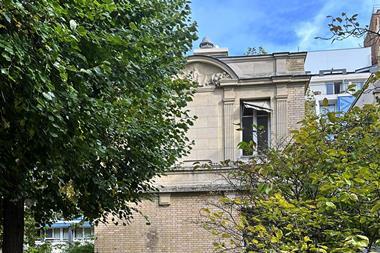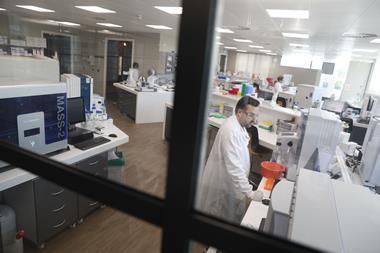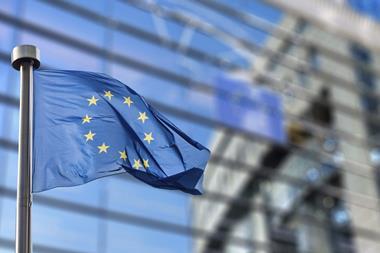The fellowship announcement for the Marie Skłodowska-Curie Actions (MSCA) caught some applicants by surprise this month. The European commission announced on 8 February that 1630 postdoc researchers would share €328 million (£285 million), a final call for the actions under Horizon 2020.
While many successful applicants were delighted to have received notifications by email, and posted their news on Twitter, others were left bewildered by the announcement. Many had not received an email, and wondered if this meant they had been unsuccessful.
Francesca Paradisi, an organic chemist at the University of Bern in Switzerland, was among those who tweeted about the announcement. She wrote that it was unprofessional for MSCA to congratulate winners ‘when thousands of applicants had not been officially informed yet’. She assumed that this had not happened in the past.
In fact, a commission spokesperson told Chemistry World that the MSCA fellowships were announced like this every year. ‘Indeed, it is possible that not all applicants will have been aware of the decision regarding their application by the time of the announcement, and this year, in particular, with more than 11,000 applicants.’ The commission confirmed that notification of results is via email and that ‘mails are sent first to successful/reserve list candidates’, but that all candidates ‘receive that email as quickly as possible’.
‘To me, this is extremely unfair for the applicants,’ says Paradisi, who questions why the formal announcement could not wait until everyone was reached, which would take a few days longer. ‘This shouldn’t be normal. Imagine if the European Research Council (ERC) grants were announced randomly,’ says Paradisi, who works on sustainable enzymatic synthesis of natural products.
Winners of ERC grants, says Paradisi, can be notified ahead of time by official email, but are asked not to disclose the news until an official communication has been released. ‘Having an announcement when a huge number of people hadn’t heard about the results,’ she says, ‘that for me is unusual and it seems unfair.’
A spokesperson for the commission noted that they had not been made aware of any complaints. ‘As regards these concerns, raised on social media, the commission is now considering changing the procedure for the coming announcement – so that all candidates will have received the notification email by the time the official announcement is made.’
The MSCA is the EU’s flagship fellowship programme. The call closed in September 2020, with a record 11,573 submissions, a 17% rise in applications over the previous year’s call.
According to the commission, fellows will work on research projects ‘that tackle global challenges such as climate change, health and migration, as well as on areas relevant to the EU missions on Horizon Europe including cancer, smart cities and healthy soils and oceans.’ Fellows will work at top universities and research organisations in Europe and the rest of the world, as well as in the private sector.

















No comments yet